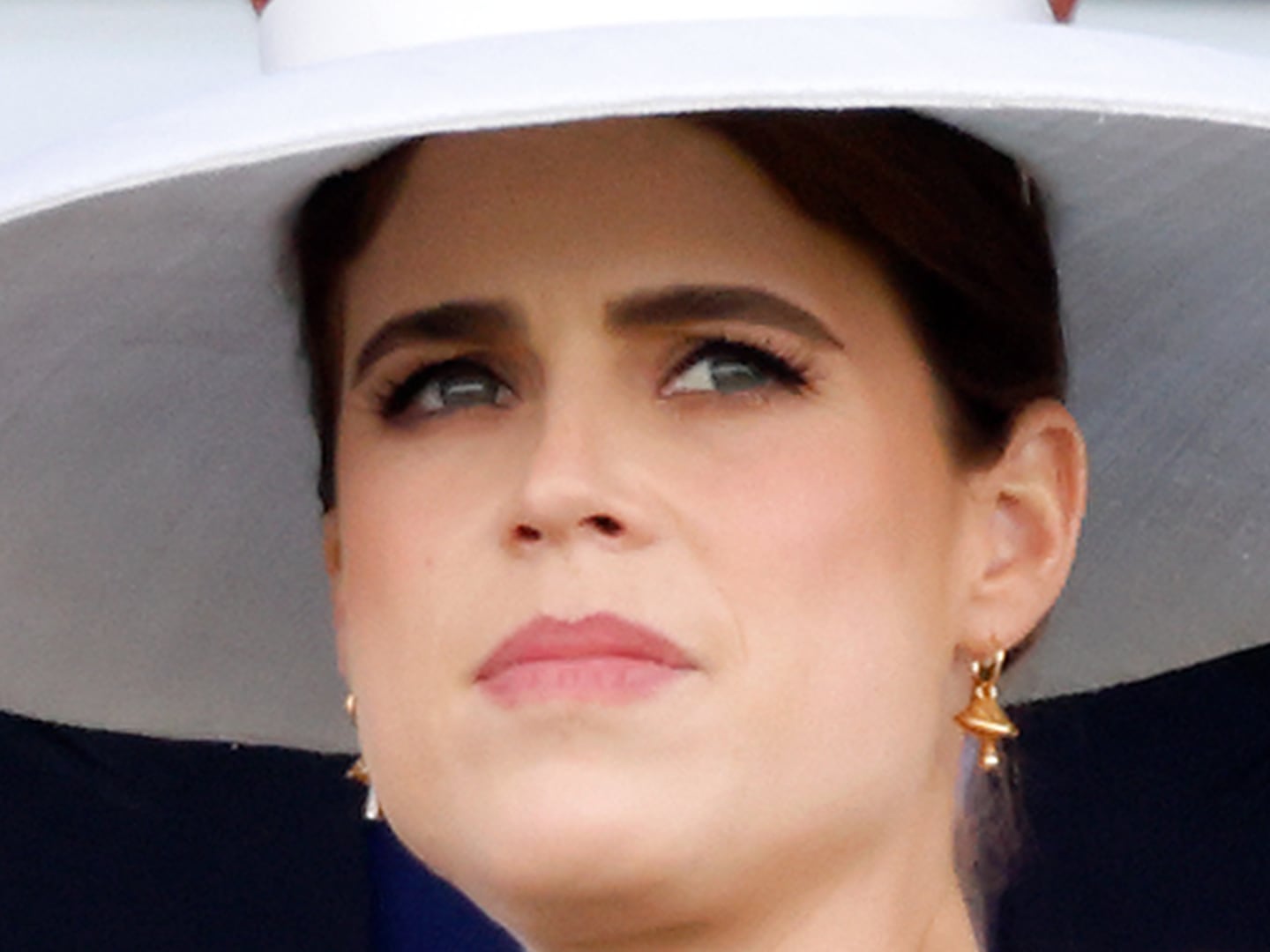The Super-PAC October Surprise is here with unprecedented negative spending – and an overwhelming advantage for conservative shadow money groups flooding the airwaves against Democratic candidates.

Total non-party outside spending is now estimated by the Center for Responsive Politics to exceed over $1 billion this cycle—twice what the group estimated would be spent as recently as August. And dark money spending from non-disclosing groups has just passed $200 million in this election—more than every other election cycle over the past 20 years combined.
If you think the political ads are uglier than ever before, it’s not your imagination: 88% of the ads airing now from outside groups are negative, and four-fifths of those negative ads are attacks on Democrats. Just three conservative groups—the Karl Rove-founded Crossroads GPS, the Koch Brothers-backed Americans for Prosperity and the U.S. Chamber of Commerce—account for more spending than the next 17 outside groups combined.

So much for the naïve belief that dark money wouldn’t have a distorting impact on this election.
The overwhelming advantage for conservatives is clear when the below graph developed by OpenSecrets.org is taken into account:

The dark red is negative spending directed against President Obama by conservative groups. The dark blue showing its liberal corollary is comparatively puny. The positive ads, in light blue and red, are barely visible.
This updated assessment, available on OpenSecrets.org, is striking also because it shows the impact of dark money groups.
These aren’t the Citizens United-sanctioned Super-PACs that raise unlimited money from corporations but are compelled to disclose the donations in real time. No, Crossroads GPS, Americans for Prosperity and the Chamber of Commerce are all tax-exempt organizations, meaning that they do not have to ever disclose their donors. This makes a mockery of Justice Kennedy’s opinion in Citizens United—his promise of unprecedented disclosure has been predictably subverted.
The lopsided impact of dark money on Democratic candidates is also clear—eight of the 10 candidates being hit hardest by outside attacks are Democrats.
President Obama has seen over $74 million in dark money attacks directed at him, compared to just $1 million with positive ads on his behalf from outside groups. Mitt Romney, on the other hand, has seen just $5.1 million spent to attack him, while $8.8 million has gone to positive ads about him.
Senate candidates in swing states have drawn the next tier of negative attention. In Virginia, Democrat Tim Kaine has seen $11.4 million directed against him, compared to just $11,000 in support. In Ohio, Democrat incumbent Sherrod Brown has been attacked with $9.7 million in dark-money funded negative electioneering to just $100,000 in support. Rounding out the Top 10 is Indiana Senate candidate Joe Donnelly, running against Teavangelist Richard Mourdock—most recently infamous for declaring that pregnancies that result from rape are God’s will and that what the Senate needs is more confrontation. Donnelly has been hit by $3 million in negative outside spending, while precisely zero dollars have been spent in support of him.
The only down-ticket Republican to make the top ten list is centrist Republican Senator Dean Heller, who has seen $3.5 million directed against him, about half of the money that’s been spent to attack his opponent, Democrat Shelley Berkley.
For those citizens who care about transparency, here’s insult to injury: 53% of the outside money trying to influence these elections comes from tax-exempt groups that do not have to disclose their donors. Super-PACs were apparently too constrained by disclosure rules to draw these big dollar donors.
The combination of unprecedented outside spending, overwhelming negativity, hidden donor disclosure and the near-total conservative dominance in this shadowy arena should be chilling to anyone who believes in open democracy conducted on a level playing field. This is perilously close to what buying elections looks like.






